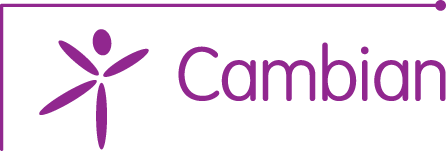Find out more
Assessment is a key process that is carried out within our school. The purpose of assessment is to gives us a clear picture of where each learner is as well as to provide information to move pupils in on their learning towards their goals. We monitor the progress of students with respect to their starting points as well as closing the age-related expectations (ARE) gaps.
Purpose of assessment
We use assessment to:
• Personalise each students’s journey. This enables school to build a unique picture of each learner’s strength and areas for developments. support needed to help the child realize their short and long-term academic achievements and aspirations
• Enrich the classroom practice. We ensure that lessons, activities and all staff/ pupil interactions are engaging and meaningful. Through assessment we ensure that pupils’ interest, aspiration and abilities
• Support curriculum planning. This allows the school to adapt the curriculum to better meet learning needs and to provide learners will well informed choices. Cambian Great Dunmow School will use assessment information to ensure that curriculum content and experiences are pitched at the right level. All learners are supported to achieve expected levels of progress for the relevant national curriculum key stage and to complete an appropriate range of approved qualifications
• Support sound pupil progress tracking. Assessment allows staff to form a view of the general progress of individual learners and well as progress in relation to a range of educational and development needs to specific targets such as Education Health Care Plan (EHCP) or Personal Education Plan (PEP)
• Provide evidence base for school improvement. Pupils’ progress and achievement confirm the effectiveness of the curriculum, the impact of school improvement priorities as well as the contribution of staff members
Baseline Assessment
At Cambian Great Dunmow School, we use a variety of assessment tools to benchmark the starting point of each student, both academically as well as social and emotional status. This includes the Wide Range Achievement Test (WRAT) , Strengths and Difficulties Questionnaire SDQ, Emotional Literacy, Functional literacy and numeracy level and GL assessment. We also collect information on emotional wellbeing as well as motivation to learn. The results of these assessments along EHCP objectives are set to set SMART targets that are monitored through Individual Education Plan and Individual Behaviour Support plans.
Formative and Summative Assessment
Teachers use both formative and summative assessment to judge pupils’ attainment level.
Focused Assessment
• Initial screening- literacy & numeracy, learning style & Emotional Literacy
• Ongoing formative assessments - tests, homework, quizzes, peer and self-assessment
• Daily monitoring of education outcomes, engagement attainment, behaviour
• Weekly Progress reports
• Specialist assessment where appropriate– Reading speed and comprehension, Writing speed, spelling, Maths computation, memory, dyslexia & dyscalculia testing & intervention
• Half Termly Progress reports
• Target setting and Tracking
• External examinations
Read more about our Curriculum here.
If you would like some advice or more information about Great Dunmow School, contact us here.
